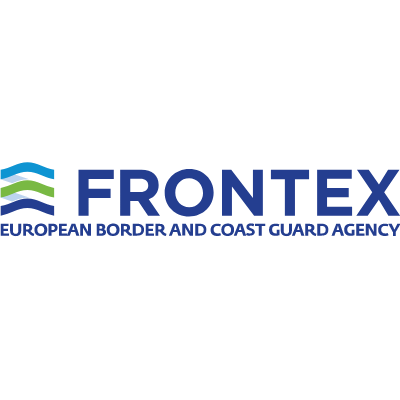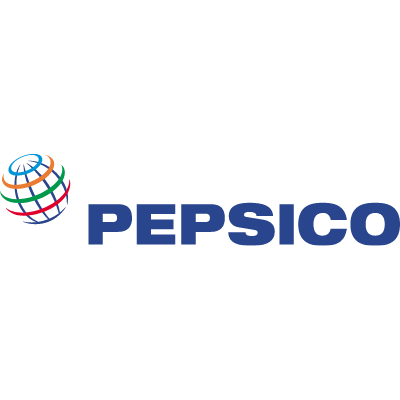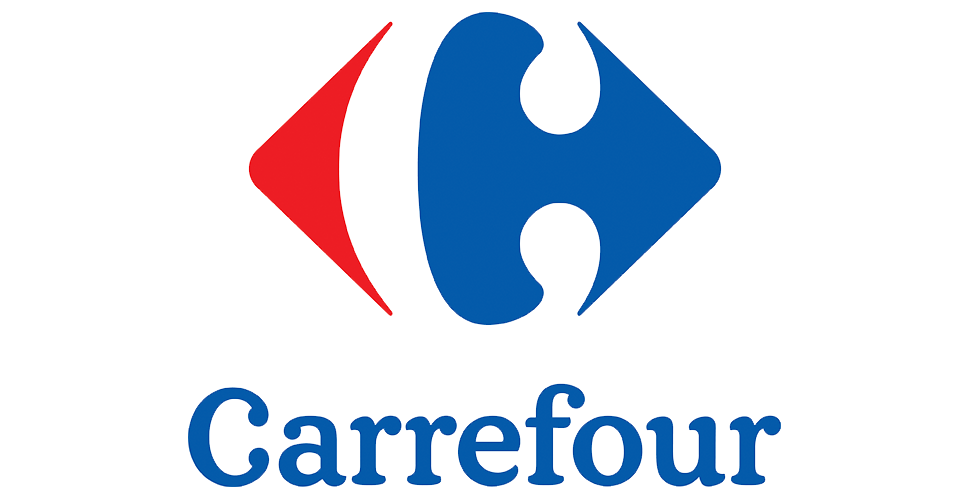Choosing the appropriate enterprise software development company can be challenging due to the many factors involved. However, it is crucial to have a defined set of requirements that can help you make the informed decisions that are critical for the success of your organization. This article offers a guide to the factors that chief technology officers (CTOs) should consider when seeking a competent enterprise app development company.
#1 What service models are offered
Companies looking for enterprise application development services can opt to go for dedicated teams, hybrid teams, or team augmentation. All three models cater to different project requirements and business operations.
A dedicated team works closely with the client and takes up the role of a project manager or product owner. The team becomes an extension of your company due to its deep and exclusive involvement in your project.
A hybrid team features a number of outsourced specialists alongside in-house talent. There can be two versions of this model
- Each role is shared by an internal employee and an external one, or
- Roles are split between internal and external employees, with in-house members not exceeding half.
This model grants substantial control over the project to both parties, more than in pure outsourcing or dedicated teams, yet less than staff augmentation.
The team augmentation model involves adding outsourced specialists to complement the expertise of the in-house team. It is suitable for quickly enhancing the company’s development capacity but without extensively recruiting and onboarding new employees.
#2 How you will pay for the software developed
There are two main types of contractual models used to pay for software development services: time and materials (T&M), where payments are made based on the agreed hourly rate of every project team member, and a fixed-price contract involving a fixed price for the whole project delivery.
These types, however, have some drawbacks. Q&T contracts in particular can lead to burning through money, if you end up paying for developers’ idle time.
A quoted time and material (QT&M) contract helps solve problems related to Q&T, as it helps to ensure that clients are only charged for services that meet their criteria and not for the time spent doing work. As a result, it prevents uncontrolled spending and leads to effective project governance.
#3 Get advice on team composition
Having a team of great enterprise software developers with no composition structure is a waste of time and resources. A development team’s composition should include a project manager and software engineers with the right technical expertise. This creates an efficient business environment where all team members can collaborate using their soft skills.
The right team composition ensures that the project workload is fully handled, with the seniority level featuring senior, experienced developers and junior developers for a well-balanced skillset. Get information on how the enterprise software development company’s team handles the project backlog, since a well-structured and organized approach ensures that projects are handled and delivered efficiently.
#4 Ensure there is a proper legal framework
While signing the business agreement related to custom enterprise software development services may seem to be the last step during the hiring process, a smart client will ask for the terms and conditions related to the business processes and procedures earlier on. This includes ensuring there is a proper legal framework that includes the types of contracts and agreements related to project scope, intellectual property rights, conflict resolution, etc. A company’s legal team can step in to thoroughly review the legal framework and contract agreement to eliminate legal loopholes and ensure there is a successful collaboration that meets business needs.
#5 Have all risks covered
Enterprise application development comes with many risks, especially when you opt to outsource the services. Consider service level agreements (SLAs) that outline performance expectations as well as penalties and contract terminations for underperformance.
Analyze the company’s resource planning measures, including backup plans to manage absences and ensure seamless project continuity. To ensure your business data is protected, a risk mitigation data protocol should include security and confidentiality agreements that protect intellectual property. If it is in the Europe Union, the software development company should comply with the General Data Protection Regulation (GDPR) to effectively handle, and process personal data based on GDPR requirements.
#6 Ensure all sensitive data is processed securely
While dummy data is ideal to use when partnering with companies offering custom software development services, it offers the least realistic test results, while customer data offers the best test results.
So, the ideal enterprise software development company should understand the concept of enterprise data management and have a security framework in place to securely process sensitive data. Inquire about the company’s security audits, vulnerability tests, and how regularly they perform them. Do they have a security incident response system and how effective is their data handling process? A modern business in the software development industry should consider a company with strong data encryption techniques with strict access control mechanisms.
#7 Ensure the best working conditions for your team
A suitable work environment is essential for the success of enterprise software development companies. Therefore, companies providing enterprise software solution services should have well-organized project onboarding programs to ensure all team members understand the project’s objectives and their roles in it.
Upskilling and professional development involving workshops and training opportunities ensure that the team remains aware of emerging digital technologies. Meanwhile, rewards, teamwork activities, and team building are important for bonding, boosting the team’s morale, and enhancing internal work engagement. Last, the right work conditions should offer an avenue for applying the best industry practices such as quality assurance and the latest software development methodologies.
Conclusion
Choosing the right contract that offers enterprise software development services can be challenging. However, CTOs can make the best choices according to specific project needs by considering factors such as the service models offered, contractual agreements, the proposed team composition, and the software company’s legal framework.









